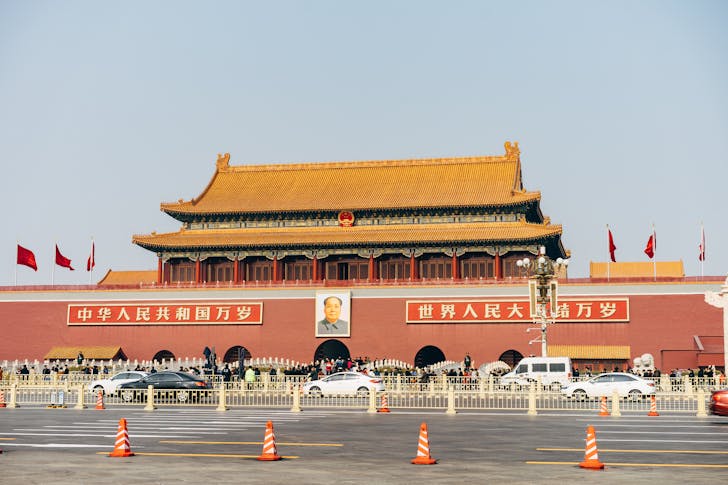In a global context marked by economic uncertainties, China is deploying a series of ambitious moves to kickstart its faltering growth. China’s stimulus plan, with a strong emphasis on the real estate sector, aims to pull the world’s second-largest economy out of its current stagnation. Facing unprecedented challenges, China has set its sights on reviving its economy.
However, China’s economy was once a symbol of unstoppable growth. Now, it is grappling with major hurdles, especially in the real estate sector. This sector, once the backbone of its booming economy, has now become a weak link, dragging down overall growth. To address this, the government has rolled out a comprehensive stimulus plan with hopes of reigniting confidence among both consumers and investors.
But the big question remains: Will China’s stimulus plan be enough to turn things around?
The Focus on Real Estate is A Vital Component of China’s Stimulus Plan
China’s real estate market is in dire straits. For years, the sector has been a significant contributor to the nation’s GDP, but a series of over-leveraged developers, including the high-profile Evergrande crisis, have sent shockwaves throughout the economy.
As a result, Beijing’s new economic stimulus focuses squarely on the real estate sector. This is a critical part of the Chinese stimulus plan.

These steps are designed to attract buyers back into the market, especially first-time homebuyers. However, while these actions may provide temporary relief, experts warn that deeper structural issues within the housing market could undermine long-term recovery.
Interest Rate Cuts
An essential element of China’s stimulus plan is the reduction of interest rates on home loans. By making borrowing cheaper, the government hopes to stimulate consumer spending, especially in the real estate market.
In theory, lower interest rates should encourage more people to take out mortgages, buy homes, and, by extension, boost construction activity and employment.
But the reality is more complex. Even with lower interest rates, Chinese consumers are hesitant to jump into the market. With a sluggish economy and fears of a real estate bubble, many potential buyers remain on the sidelines.
Will Property Easing in Major Cities Bring Back Buyers?
Another crucial feature of China’s stimulus plan is easing property restrictions in major cities. For years, regulations in places like Beijing, Shanghai, and Shenzhen have been tight, as the government tried to control skyrocketing housing prices. Now, with the housing market in decline, these rules are being relaxed in hopes of attracting new buyers and investors.
Allowing more people to purchase property in these cities could certainly increase demand. But again, the broader economic picture is clouded by uncertainty.

While these new measures may prompt some to buy, the government must tread carefully to avoid creating another property bubble. If property prices rise too quickly, they could end up fueling more problems down the line. The Chinese government will need to strike a balance between stimulating growth and maintaining market stability.
Can China’s Stimulus Plan Achieve 5% Growth in 2024?
China’s goal of 5% GDP growth in 2024 is ambitious, especially given the current challenges. The real estate sector, which plays a massive role in the economy, is still in a precarious state, and the broader economic environment is marked by uncertainty.
While China’s stimulus plan is a step in the right direction, it may not be enough to fully turn the tide, experts argue.
Achieving this growth target will require more than just short-term fixes. The Chinese government will need to implement deeper structural reforms to address the underlying issues in its economy. This includes tackling the massive debt in the real estate sector, improving transparency, and rebuilding trust among both consumers and investors. Only then will China be able to lay the foundation for sustainable, long-term growth.
